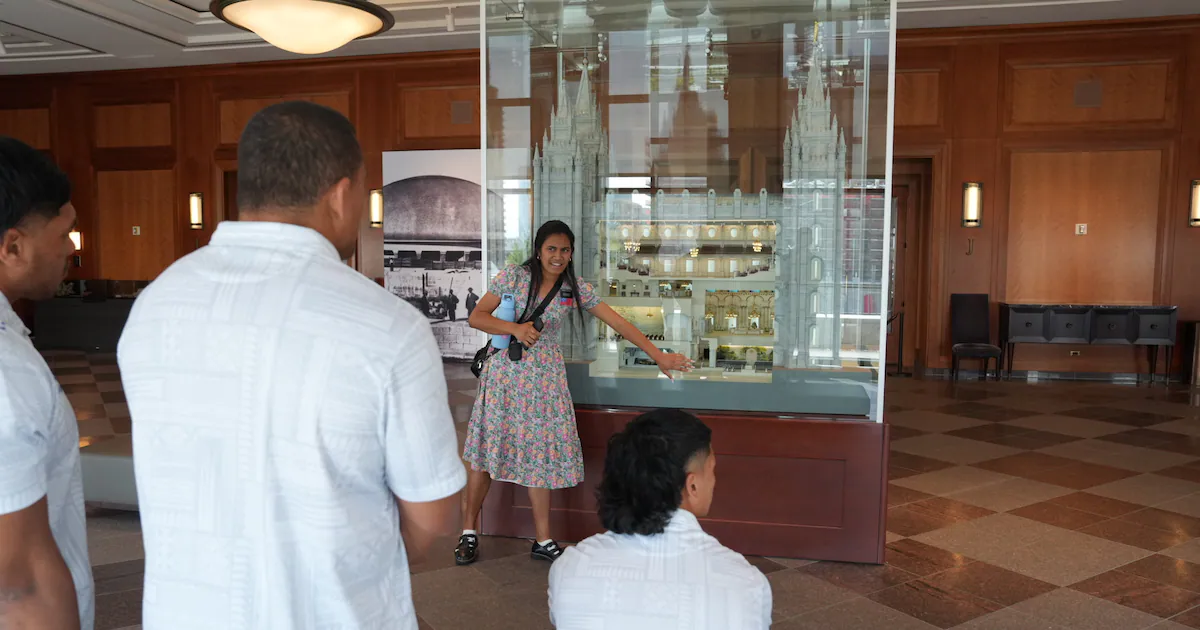By Caribbean Premier League,Express Editorial
Copyright trinidadexpress

Two of the three individuals who received this country’s highest national award, the Order of Trinidad and Tobago (ORTT), are literary scholars. Both are equally deserving but, in one case, the involvement of the Prime Minister in the awards process diminishes the perception of worthiness.
Apart from the late Hochoy Charles in the field of politics, Professors Kenneth Ramchand, 86, and Selwyn Cudjoe, 81, have been awarded the ORTT for their contributions in education. Prof Cudjoe has 25 books listed on Goodreads that he has written, contributed to, or edited. Prof Ramchand has 18 books listed, including his magisterial The West Indian Novel and its Background, a seminal work first published in 1970 that remains the authoritative text on Caribbean literature. Prof Ramchand is probably better known to the general public, however, as an independent senator between 2000 and 2007, during which he helped shape policy based on his extensive knowledge of not only the nation’s literature, but its history and culture.
Prof Cudjoe’s ORTT might be seen more as an award for politics than education, though. Based in the United States for most of his academic career, in 1998 he launched the National Association for the Empowerment of African People (NAEAP) in T&T, and attached himself to the People’s National Movement (PNM). In 2003, he was appointed as a director on the board of the Central Bank—a move criticised as cronyism since he had no background in finance, economics or law. The Maha Sabha even filed a lawsuit against the Patrick Manning administration in 2003 to contest Cudjoe’s appointment.
However, Cudjoe became disenchanted with the PNM’s leadership under former prime minister Dr Keith Rowley, and in 2018 appeared at a public meeting of the United National Congress (UNC). In the lead-up to the 2025 general election, he threw his full support behind Kamla Persad-Bissessar.
So his ORTT, despite being well-justified by his scholarly output and activism, will be seen by some as a political reward. That is why the procedure for giving national awards should be changed so that the prime minister has no say. While any citizen can nominate anyone for a national award, and although a committee headed by the chief justice oversees the process by considering each nominee, the prime minister has the authority to accept, add, or reject anyone on the committee’s list.
Thus, some people are only there because of their -political connections, while others make the cut through merit. That -diminishes the entire gallery of awardees, past and present. But it need not be so in the future. Prime Minister Persad-Bissessar can easily elevate the national awards by removing her office from the process.
In our opinion, this would bring more political benefit to the UNC leader and her party than retaining the power to reward supporters. Such a change would signal to citizens that national recognition will be based on excellence alone.
That is a cultural reset sorely needed in our society.



